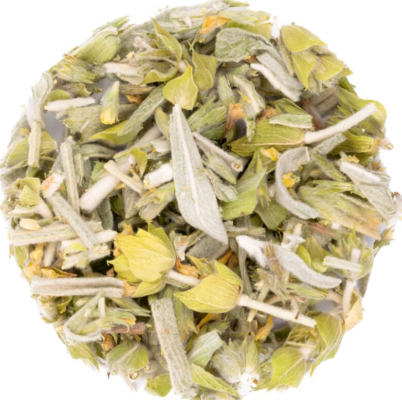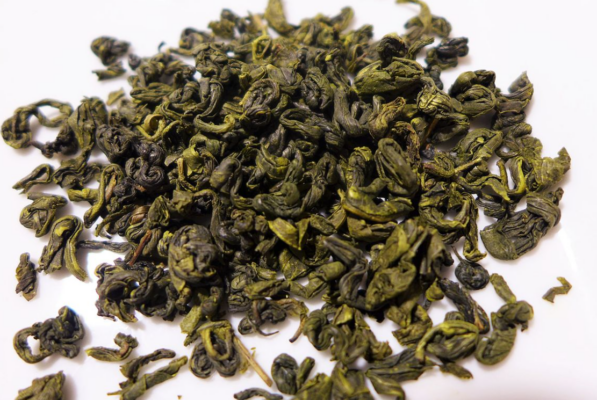In his first post Alexander Kay from Satemwa Tea and Coffee estate in Malawi told us about the family company. Now he tells more about tea research and tea manufacturing. But unfortunately Satemwa can’t escape the Covid-19 crisis. “We have to rethink the way forward.”

How is the current Covid-19 crisis affecting your business?
The main effect so far is on cash flow. Samples are taking much longer than usual to get to buyers. Some buyers are working remotely, so samples get lost or take a long time to get tasted / assessed. All this results in stock building up and not being converted to cash. We have had to take out a significant (for us) overdraft facility to cover us. Interest rates are high in Malawi – we are paying 18.5% interest for this plus setup charges etc. Some buyers with heavy reliance on food service have seen their sales dry up, that has feedback to us in some cases, with buyers cancelling orders – very painful. We have to rethink the way forward as a result and are still to make the hard decisions on this.
What kind of measures have you imposed?
In terms of mitigation, the usual recommended measures have been put in place; reducing size of meetings, meetings outside, everyone wears masks, hand washing stations have been set up everywhere people are working, lots of training and awareness, made donations of sanitary equipment to 12 surrounding villages, closed our tourism business to reduce risk of outsiders bringing the virus onto the farm
In your first post you wrote: ” I enjoyed the farming side of tea, but developed a deep interest over the last 15 years when I began to understand the complexity of flavors that can be produced from a single plant and how that can be influenced both in the field and the factory.”
Can you give an example of how you can influence the flavor in the field?
One of the main long term influences is in selecting a suitable cultivar that has the inherent quality characteristics that you are looking for.

And can you give an example of how you can influence the flavor in the factory?
The first stage of processing once the leaf comes into the factory is withering. For us ensuring the leaf is kept in cool aerobic conditions whilst reducing the moisture content to the desired level for further processing is a simple yet critical step. It becomes a great challenge in the rainy season when we are processing lots of leaf and the leaf often comes in wet. At this time, one needs to balance prudence with ideals given the resources you have in the factory.
What are you doing at the estate during spring when it comes to manufacturing tea?
I guess this question refers to northern hemisphere spring? For us it’s the end of the season as the weather cools into our mild winter. It’s a very busy time as we still have lots of crop to harvest and process but have also started pruning. We prune about 40% of our tea fields each year. It’s a good time to make quality black teas for us. We also start manufacturing some of our limited edition teas like the Zomba Pearls as the leaf is still soft, but the drier soil conditions and cooler sunlit days bring in the floral nose that we have been waiting for.
In what way do you do tea research at Satemwa?
Like most farmers, at Satemwa we are always experimenting and conducting research of some form. Some of this is formalized and we host some new cultivar trials for the Tea Research Foundation of Malawi. Whilst most other work is often on a trial and error basis. For the past 11 months we have been conducting large scale trials using compost Tea sprays in an effort to boost tea health and see how that affects tolerance to drought conditions and resistance to mosquito bug. It seems to be working well so far and are now going to link that into soil and leaf analysis to try and pick up the effect they are having at the elemental level. As climate change bites, mitigating against has become a core focus.




